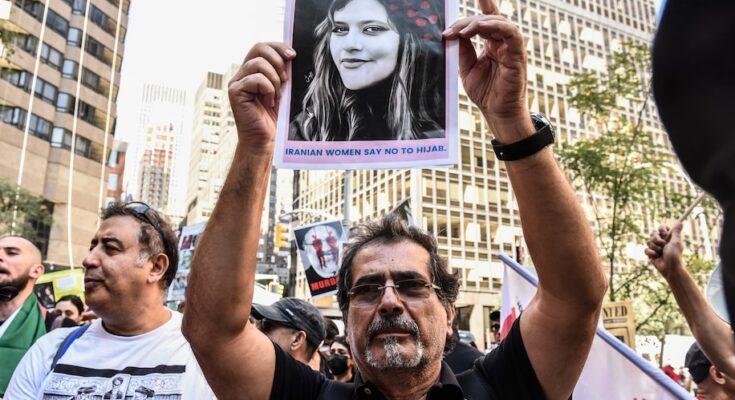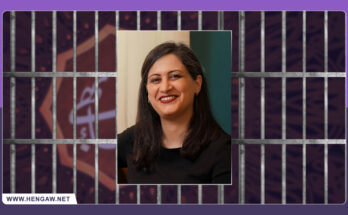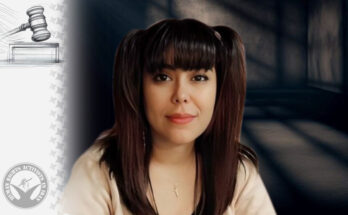Source: The Washington Post
The authorities said she died of a heart attack. But activists believe she may have been beaten, and a photo of her in the hospital, intubated, which circulated widely on social media, shows her bleeding from the ear and with bruises around the eyes — signs she suffered head injuries.
Her plight provoked rage in Iran. Street protests broke out in Kurdistan province, where she was buried on Saturday. In the past five days, seven people have been killed, at least three of them shot by security forces. On Monday, university students in Tehran demonstrated in the city center. The Associated Press reported they chanted “Death to the dictator” and denounced the police and the regime. Witnesses saw torched trash bins and rocks strewn across some downtown intersections as the smell of tear gas hovered in the air, and police closed roads and mobile internet service was cut off. By Tuesday, demonstrations were reported around the country, led by women burning their hijabs in protest.
The anger over Ms. Amini’s death was amplified by the wide and rapid dissemination of the photo and video of her, showing once again the power of social media to accelerate dissent. In 2009 in Tehran, the killing of Neda Agha Soltan, 27, cut down by a bullet and bleeding to death during a street protest, was seen on a grainy video that galvanized more anger and unrest. Ever since the 1979 Iranian Revolution, the regime has used coercion, intimidation, truncheons and tear gas to snuff out protest and smother free expression. But the latest demonstrations suggest Iranians are losing their fear.
Women in Iran have long despised the hijab law and the arbitrary enforcement of it in the form of harassment and intimidation by the morality police. They have good reason to be furious: The obligatory dress code robs them of free choice about their appearance in public and subjects them to a constant and capricious scrutiny by tyrannical enforcement squads.
The protests come at a delicate time for Iran’s theocracy. is reportedly gravely ill; the country’s nuclear agreement with the West hangs by a thread; Iran is fighting several cyber-skirmishes with adversaries, including Israel. Hard-line President Ebrahim Raisi decided to repeat a despicable and long-standing canard of Iranian leaders, expressing doubts about the Holocaust on the eve of attending the United Nations General Assembly session in New York.
Iran’s rulers are out of touch with a society that yearns for more — and deserves better.





